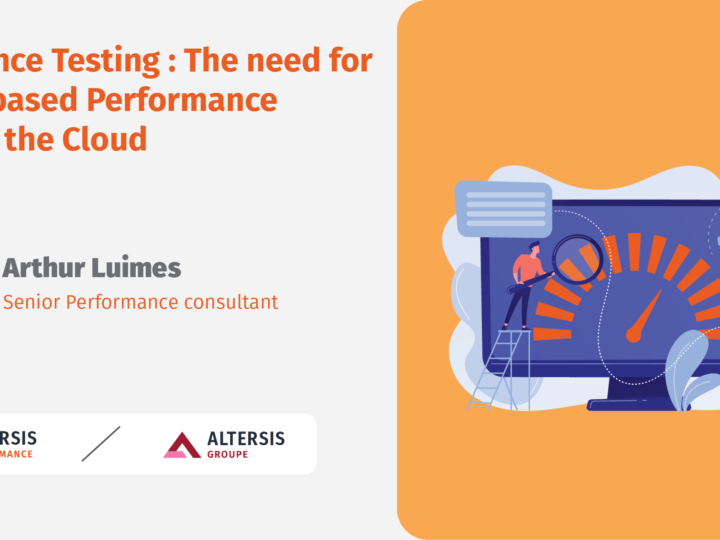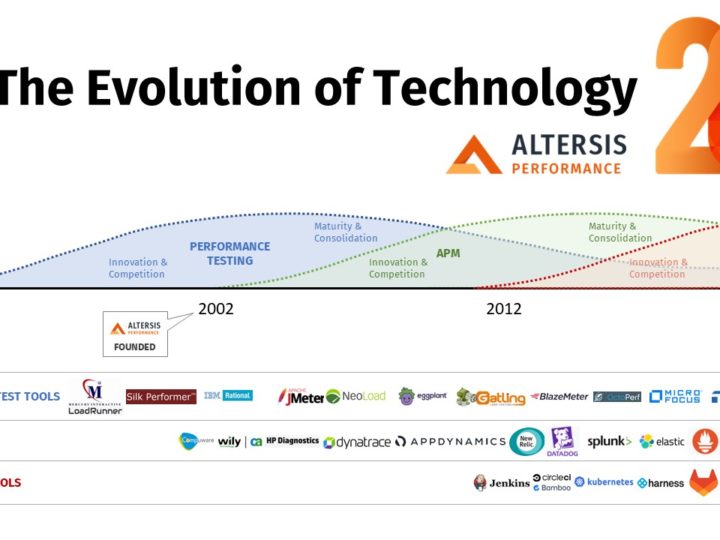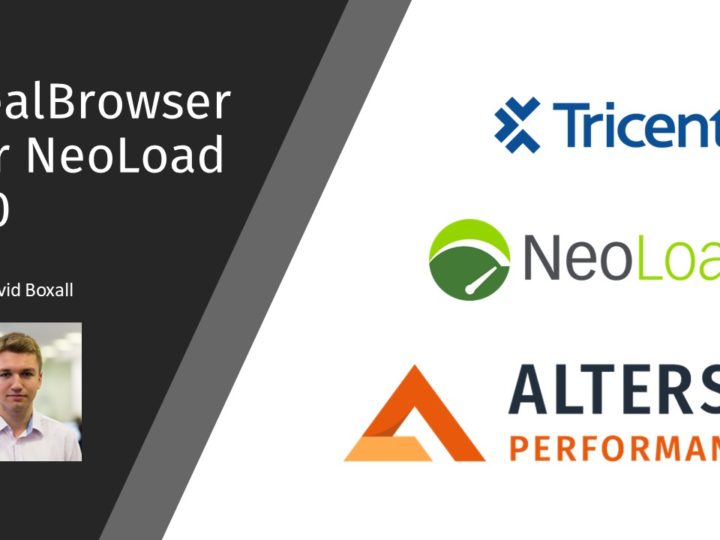
Recap “The CPE Tour”
Altersis took to the roads as well as the internet in May and June with the CPE Tour – spreading the word about Continuous Performance Engineering, a key part of the future path of performance engineering.
During the tour, we held no fewer than twelve sessions with a range of audiences. From dedicated sessions with our customers’ teams to public webinars conducted in both English and French, our aim was to spark meaningful conversations and share insights on the evolving landscape of performance engineering, as well as to discuss how performance engineers in Switzerland can benefit.
We found plenty of interest in the audiences with challenging discussions and questions, valuable feedback, and innovative ideas, all of which leads us to say: “Mission accomplished!”
If you missed the CPE Tour, it’s not too late to contact us for your own private re-run to find out how your team can find performance issues earlier, saving time and cost! Just get in touch with us via contact-ch@altersis.com. Alternatively, you can watch the full webinar now:
FR: https://www.youtube.com/watch?v=m6sYHhySpcI
EN: https://www.youtube.com/watch?v=9lcg_-k7fIQ
Application Performance Observability – APO
What’s coming next from the Altersis Performance by Qim info labs? In the next quarter, we are switching our focus to Observability, another key element of modern performance engineering. Observability is more than just a buzzword – it has far-reaching implications beyond performance engineering alone. However, within the performance realm, it plays an equally critical role.
The concept of Observability is to make it easy to understand the behaviour of a system purely by observing its outputs. Put in a more practical way, as performance engineers we are often frustrated when trying to test or tune an application by the inability to get all the metrics we need to fully understand it. Important information is not recorded in logs; the monitoring tools available are not compatible with the application tech stack; or the information we need is scattered across many different sources.
When APM tools emerged in the 2000s and 2010s, they made it much easier to get insights into application performance, and for a while all was good. But systems continued to become more and more complex, with the rise of Kubernetes as the most popular deployment platform, and many systems being built as collections of microservices rather than single applications. The original APM tools were not designed to cope with the sheer volume of performance metric data that is now produced. At the same time, new technologies and standards were developed to help solve the problem. For example, OpenTelemetry is now commonly adopted as a standard which allows engineers to send metrics in a format that all tools can handle. At a lower level there are techniques like eBPF which allows safe extract of metrics from OS kernels.
All major tools, like Dynatrace and Splunk, now support this style of metric collection, and there are also many open-source options. We see this trend as a migration from APM to APO – Application Performance Observability.
But there are still many challenges for teams who want to take advantage of the latest methods.
- Which tools will give the most benefit to our team?
- Can we combine open-source tools with our enterprise APM?
- How to manage the huge volume of data?
- How to promote awareness of Observability across our developer teams?
- Can we use Machine Learning to get more insights?
We are working on an APO framework to help organisations with all these questions and more.
Interested?
Stay tuned as we dive deeper into the world of Observability, exploring its significance, practical applications, and how it enhances the performance engineering landscape.
Exciting times lie ahead, and we can’t wait to share our discoveries with you!





0 Comments